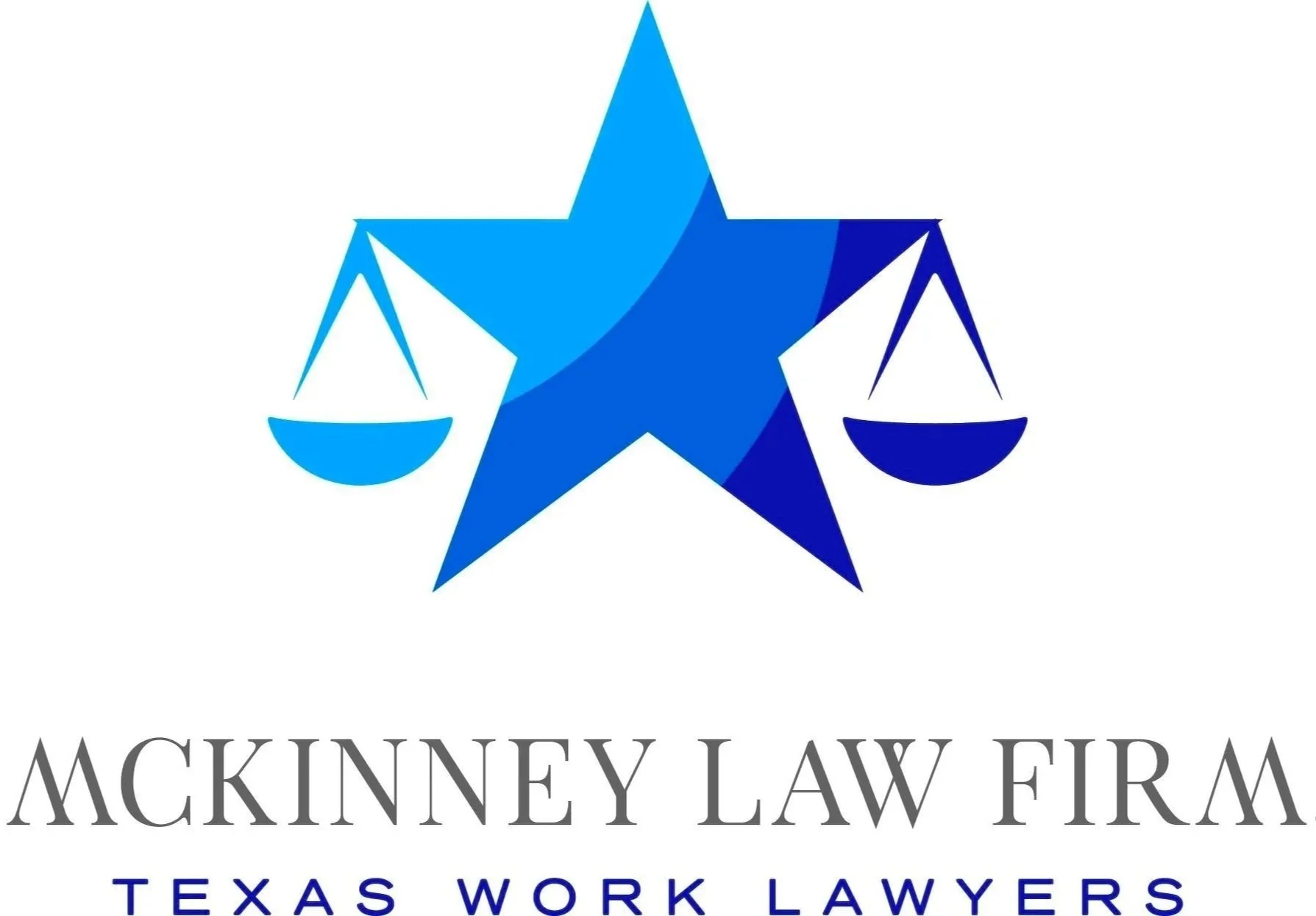COBRA Assistance in the American Rescue Plan Act
/The American Rescue Plan Act (ARPA) was signed into law on March 11, 2021 as a signature effort to assist in the recovery from the COVID-19 pandemic and the related economic downturn. Included as part of the sweeping legislation is a program to fully subsidize COBRA coverage for six months starting in April of 2021. The COBRA Assistance program will operate alongside a number of other programs designed to improve affordability of insurance coverage, and states will need to review what actions they should take to implement ARPA provisions and assist their consumers. This expert perspective provides a short overview of COBRA and mini-COBRA, the major elements of the ARPA COBRA Assistance program, and considerations for state policymakers related to the program.
COBRA Continuation Coverage
The Consolidated Omnibus Budget Reconciliation Act of 1986 (COBRA) included a provision that allowed a person who loses employer-sponsored coverage to remain in that coverage if they elect to pay the full premium amount, plus an administrative fee of two percent. As a result, for many, the cost of continuing their coverage through COBRA is prohibitively expensive. Indeed, the Kaiser Family Foundation estimates that the total annual cost of employer-sponsored health coverage offered by firms of 20 or more employees in 2019 was $7,012 for single coverage and $20,599 for family coverage.
A person qualifies for COBRA coverage if their employment is terminated for any reason other than gross misconduct, or if their hours are reduced. Family members of an employee also qualify for COBRA coverage along with the employee or in the event of the death of the employee, divorce, or if the employee gains eligibility for Medicare. The employee must be enrolled in the employer health plan at the time of the qualifying event.
Employees and other beneficiaries must be provided notice of COBRA rights for continuation of coverage and the plan must be notified of a qualifying event to trigger a COBRA election notice. A person generally has 60 days to enroll in COBRA coverage after the qualifying event. Generally, COBRA coverage can be maintained for 18 months, unless the COBRA coverage is due to the employee’s qualification for Medicare, which provides a 36-month COBRA window.
COBRA generally applies to employers with 20 or more employees. Most states have a state continuation of coverage program for employees that are not protected by COBRA, often called mini-COBRA. While each state structures its mini-COBRA system a little differently, generally, the programs function in the same way as COBRA.
The American Rescue Plan Act and COBRA Assistance
ARPA creates a new 100 percent subsidy for COBRA coverage premiums from April 1, 2021, through September 30, 2021. Additionally, ARPA opens up the ability to enroll in COBRA coverage even if a person declined coverage earlier or if their enrollment window closed. Finally, ARPA extends the subsidy to continuation coverage under state mini-COBRA requirements.
Subsidy structure and operation. The COBRA assistance program is designed to be generally invisible to the enrollee. The language from ARPA reads: “In the case of any premium… for COBRA continuation coverage with respect to any assistance eligible individual described in paragraph (3), such individual shall be treated for purposes of any COBRA continuation provision as having paid in full the amount of such premium.” Enrollees that are eligible are deemed to have paid their premium. The assistance is accessed by plan sponsors or insurance companies as a refundable tax credit against payroll taxes. The Department of Labor will provide guidance on identifying assistance-eligible individuals.
New COBRA election opportunity. ARPA also allows individuals who would have been eligible to enroll in COBRA coverage but did not enroll, as well as those who enrolled in COBRA but then unenrolled, to join (or re-join) COBRA coverage. However, no one can join coverage if their COBRA coverage window (either 18 or 36 months from their qualifying event) has passed. Also, coverage cannot extend beyond the original 18 or 36 month window. Plan administrators or insurance companies will be required to provide notice to those eligible for the new election opportunity by May 30, 2021.
State continuation of coverage programs (mini-COBRA). The COBRA Assistance program of ARPA is explicitly available for state continuation of coverage programs, also called mini-COBRA. These programs are generally available to employees of small employers (fewer than 20 employees) or other entities not subject to COBRA. Mini-COBRA programs, however, are not uniform across states, and include different election windows, notice requirements, and coverage eligibility categories.
Limitations. COBRA coverage allows for plan enrollment for anyone whose employment is terminated except for the reason of gross misconduct. The ARPA COBRA Assistance program limits assistance to those eligible for COBRA, unless the eligibility was due to the voluntary termination of employment by the employee. Also, COBRA is only available if the employer is still offering a health plan. ARPA allows for enrollment in the employer plan if it changed, but if the employer is closed, and no health plan is offered, there is no opportunity for COBRA enrollment. COBRA assistance does not apply to Health Reimbursement Accounts (HRAs) which some employers use to allow their employees to purchase their own coverage.








